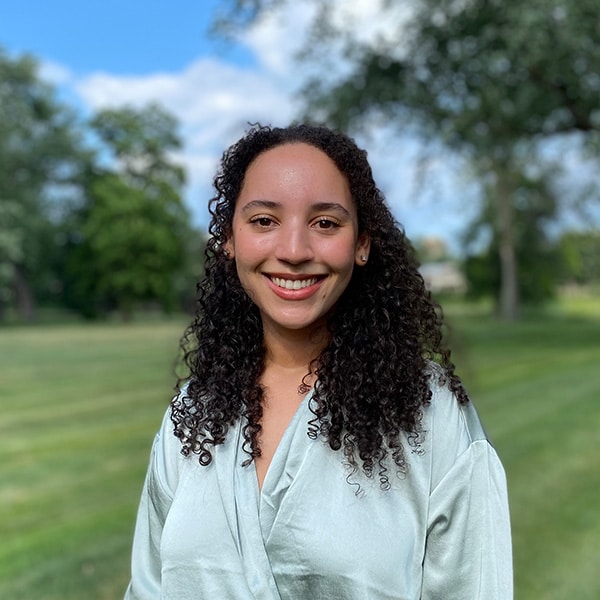Increase equitable distribution of funds across Chicago Public Schools and community-based programs and increase supply of slots from birth to age 3.
As the fiscal agent for the city’s share of the state Early Childhood Block Grant, CPS should increase the amount of this funding that is available to community-based programs to serve children ages 0-3 so they arrive at pre-k and kindergarten ready to learn.
The need for increased funding for community-based programs to meet the true cost of serving children ages birth to 3 before they reach preschool age continues to rise. Further investment in these services is even more important now that CPS has turned its focus to Universal Pre-K for 4 year-olds and community-based programs have had to shift their program model to serve increased numbers of younger children who come with higher expenses.
Invest in the Chicago Early Learning (CEL) infrastructure, including the hotline and community collaborations embedded in the communities and conducting outreach on the ground to understand families’ needs.
The CEL infrastructure assists tens of thousands of families in navigating the array of available early learning options that they can apply to using a centralized application, hotline and targeted community outreach conducted by local community collaborations. This infrastructure needs adequate funding to fill empty slots, reduce waitlists and address inequities.
Families depend on the CEL universal application system to identify programs in their neighborhood that meet their family’s needs. It is critical that this infrastructure receives the necessary investment to continue making strides toward equally representing available community- and school-based programming and supporting application navigation via the hotline. Community collaborations are another part of the CEL infrastructure that needs additional investment; accessible, community-level engagement and promotion ensures community-identified challenges can be surfaced and addressed.
Increase investment in the Chicago Early Learning Workforce Scholarship (CELWS).
The City of Chicago is experiencing an early childhood workforce crisis that predates-but was also greatly exacerbated by-the pandemic. A direct way to create accessible pathways for new educators is to increase funding for CELWS, which needs approximately $15M more to meet the demand for scholarships for new early childhood educators.
There are over 182,000 children under age 5 that live in Chicago, almost 100,000 of whom are Black and Latino children. In a city as diverse as Chicago, with continually shifting language and cultural dynamics, the early childhood workforce needs to be representative of the children and families it serves. Support for this scholarship program is a direct way to create accessible pathways for highly qualified early childhood educators at a time when our workforce is in critical need. Funding for this program comes from the DFSS allocation of the ECBG and supports approximately 600 students each year. For the CELWS to fully meet the need of their continually growing student body at 100%, their budget would need to be $19.9M in total, which means there is a gap of $14.9M. We encourage the Board to exert their influence over the allocation of the ECBG to increase funding for the CELWS to close this budget gap.
Ensure Chicago Public Schools honors the legal rights of children with IEPs to receive services in the least restrictive environment, including when they are enrolled in community-based early childhood programs.
CPS is legally responsible for guaranteeing the right to a free, appropriate, public education in the least restrictive environment for all children ages 3-21, regardless of where they are enrolled to receive services, The current model for ensuring children in community-based settings receive special education services leads to delays and gaps in services, but CPS and Chicago’s community-based Head Start programs are partnering to develop a new model which needs greater investment and long-term commitment from CPS leadership to ensure that children can receive their services in their least restrictive environment.
Children with disabilities continue to face an onslaught of barriers to receiving special education services in the least restrictive environment in the district’s current model, including lack of transportation, delayed school assignments, and workforce shortages in special education staff that are felt throughout the city. CPS and the city’s Head Start grantees have been collaborating to develop a new model of community-based early childhood special education service delivery that preserves family choice between school- and community-based programs, maintains a child’s legal right to receive their special education services in the least restrictive environment, and minimizes harmful disruptions to a child’s day. The new Board of Education should make a long-term commitment to scaling a model of service delivery that upholds the legal rights of children with IEPs.
Amid the recent and many transitions the Board will undergo in the coming months, it is imperative for young children and families to have representatives that are ready to support children across school- and community-based settings and improve the system by addressing these priorities. Our system is complex. That is why Start Early and our partners are inviting Board of Education members and candidates to join us on October 29 for a 90-minute Chicago Early Childhood System Overview to learn more about Chicago’s mixed-delivery system and how it currently functions to support all children age 0-5. Register now to join us!


